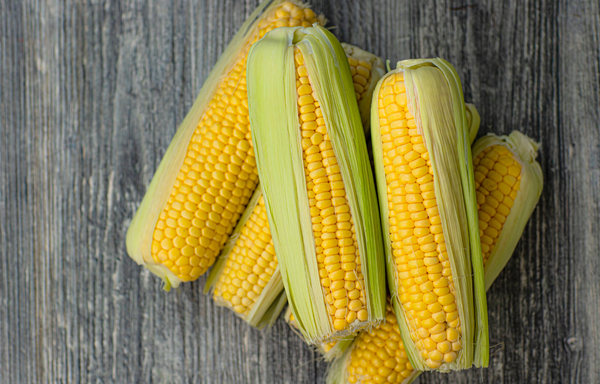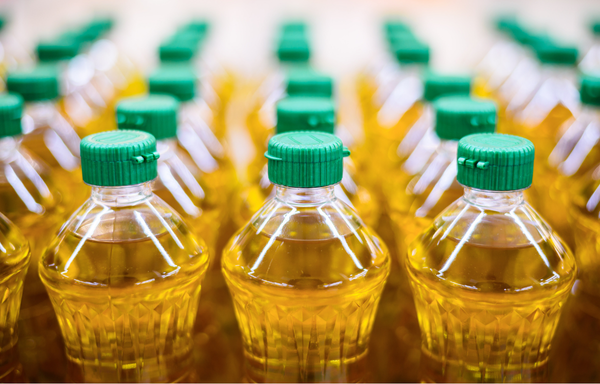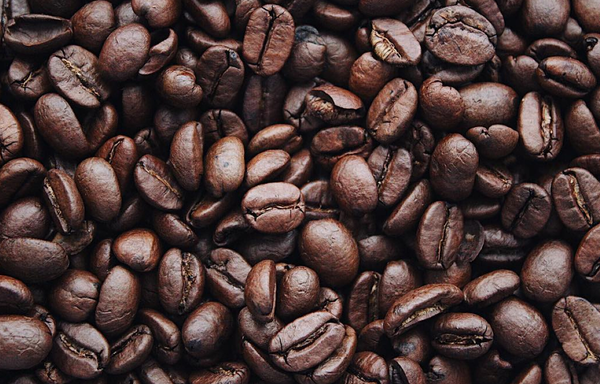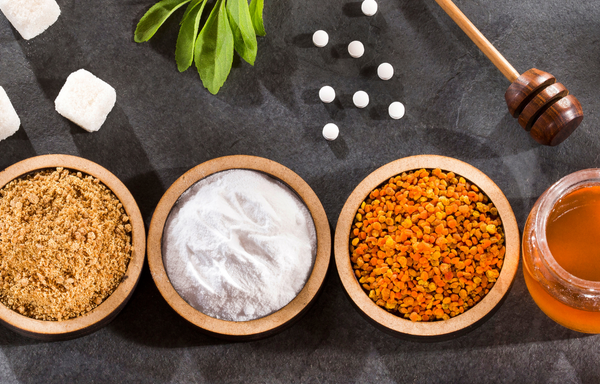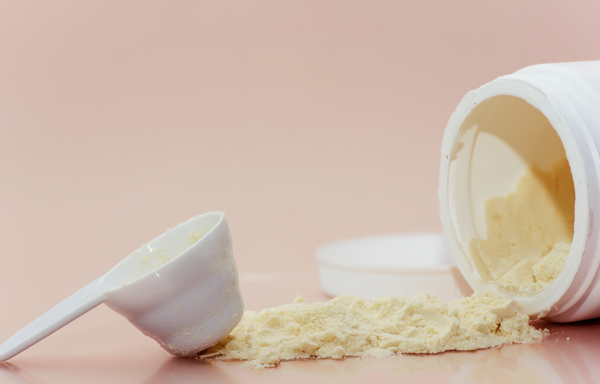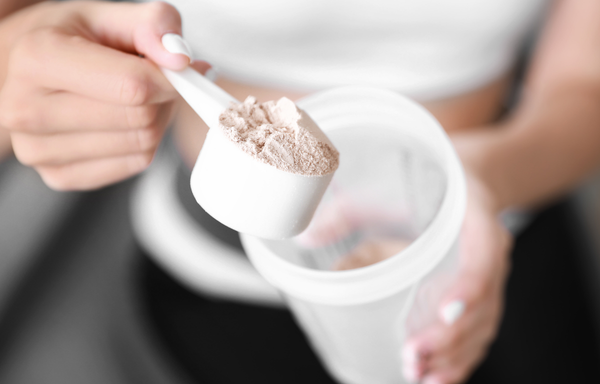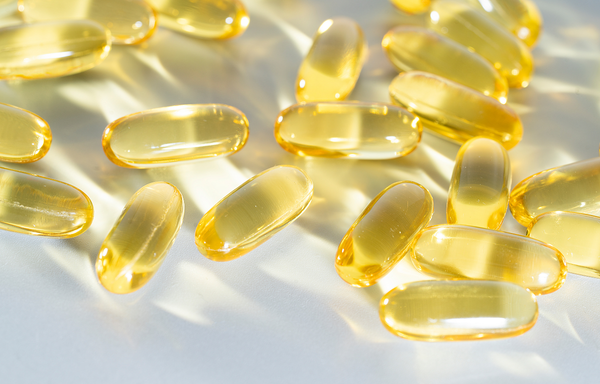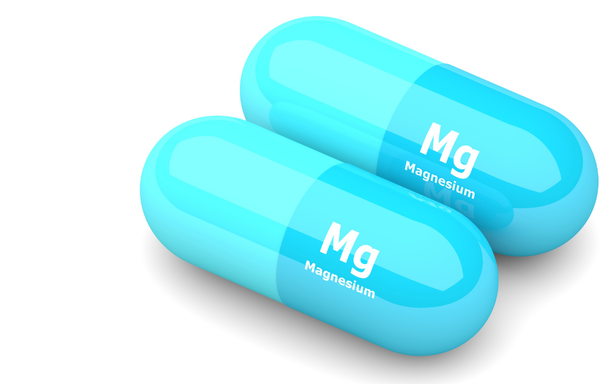Protein supplements are everywhere—touted as essential for muscle growth, weight loss, and overall health. But with so many options, it’s easy to get lost in the marketing hype.
Which ones are actually beneficial? Which ones might do more harm than good? Let’s break it all down, starting with the worst offenders and working our way to the best choices.
The Worst: Highly Processed, Insulin-Spiking Proteins
Dairy-Based Proteins: Whey & Casein
Whey and casein protein are two of the most common protein supplements, but their impact on insulin and insulin-like growth factor 1 (IGF-1) raises serious concerns.
Whey Protein: A Byproduct Turned Health Industry Staple
Whey protein started as a waste product in cheese-making. Decades ago, it was discarded or fed to livestock. But in the late 20th century, food manufacturers found a way to process and market it as a high-protein supplement.
While whey is great for rapid protein absorption, it also has one of the highest insulin spikes of any protein source. This is because whey protein digests quickly, triggering a sharp rise in insulin and IGF-1, which are potent growth hormones. It was meant for newborns to drive rapid growth and fat storage, not for adults.
This matters because:
- Chronically high insulin is linked to weight gain, insulin resistance, and metabolic disease.
- Excess IGF-1 has been associated with increased cancer risk, as it promotes uncontrolled cell growth.
- Heart health concerns are common among bodybuilders who rely on high amounts of whey—potentially due to the effects of IGF-1 on heart tissue and arterial growth.
Casein Protein: Just as Bad as Whey
Casein is another milk-derived protein, often marketed as a slow-digesting option that keeps you fuller for longer. But just like whey, it significantly increases IGF-1 levels.
The only time casein is a better option is when it has been fermented—like in full-fat Greek yogurt or aged cheese. Fermentation breaks down branched-chain amino acids (BCAAs) into smaller peptides and free amino acids through the action of bacteria and enzymes. This structural change reduces their ability to rapidly stimulate insulin secretion. As a result, fermented dairy like full-fat Greek yogurt and aged cheese have a much lower insulin response compared to whey or unfermented dairy.
However, in protein powder form, casein is just as problematic as whey and should be avoided.
Soy Protein: A Poor Choice for Hormonal Health
Soy protein is often marketed as a plant-based alternative, but concentrated soy protein isolates come with their own issues.
Why avoid soy protein?
- It contains high levels of phytoestrogens, plant compounds that mimic estrogen in the body.
- Most soy used in protein powders is genetically modified and heavily processed.
- It’s been linked to hormonal disruptions, particularly in men and women with PCOS or estrogen dominance.
While whole soy foods like tofu, tempeh, and edamame are fine, soy protein powders should be avoided.
The “Okay” Options: Better, But Not Ideal
Pea & Rice Protein: Less Insulin-Spiking, But Highly Processed
Pea and rice protein powders are common plant-based alternatives. While they’re a step above whey and soy, they are still highly processed. These protein powders may not contain starch, but they undergo extensive processing to strip away starch and concentrate protein, which can impact their nutritional integrity and digestibility. They can be acceptable in moderation, but they’re still far from the best option.
Almond & Pumpkin Seed Protein: A Slightly Better Plant-Based Choice
These are relatively newer protein powders that are gaining popularity. Almond and pumpkin seed protein powders are also processed to remove some of the fat and concentrate the protein. While not ideal, they are still a much better option than dairy-based proteins and soy.
The Best Choices: Whole Food-Based Protein Supplements
If you’re looking for a protein supplement that aligns with a Low Insulin Lifestyle, the following options are the least processed, provide beneficial nutrients, and won’t spike insulin like whey, casein, or soy proteins.
Bone Broth Protein & Collagen: Highly Absorbable & Nutrient-Dense
Bone broth protein is made by simmering animal bones and connective tissues for an extended period, extracting beneficial proteins, minerals, and collagen. Once dried, it is turned into a powder that contains key amino acids that support gut health, skin, joints, and overall recovery.
Collagen protein, derived from animal skin, bones, and connective tissue, is rich in glycine, proline, and hydroxyproline—amino acids that support skin elasticity, joint health, and connective tissue. While neither bone broth protein nor collagen is considered a “complete” protein (because they are lower in certain essential amino acids like tryptophan), this doesn’t matter when eating a varied diet. Your body pulls from an amino acid pool, so there is no need to stress about complete proteins at every meal. These options provide high-quality protein without excessive branched-chain amino acids (BCAAs), making them excellent for those looking to support muscle repair without overstimulating insulin.
Hemp Seed Protein: A Whole-Food, Complete Plant Protein
Hemp seed protein is simply ground hemp seeds, making it one of the least processed plant-based protein powders. It is a complete protein, containing all nine essential amino acids, and is naturally rich in fiber and healthy fats. Unlike highly processed plant proteins, hemp seed protein retains much of its original nutrient content, making it an excellent, well-rounded option.
Hemp seeds are also one of the most environmentally friendly protein sources available. They require significantly less water and energy to produce than traditional animal proteins and even other plant-based proteins. Hemp plants grow quickly, require minimal resources, and help regenerate soil health, making them a sustainable choice. And no, hemp seed protein won’t get you high—it contains no THC, the psychoactive compound found in cannabis. You can safely enjoy it without any concerns.
The downside? It has a strong, earthy taste. But if you enjoy wheatgrass or green powders, you’ll love it.
Egg White Protein: A Simple, Whole-Food Option
Egg white protein is made by drying and powdering egg whites, preserving the protein content while removing the yolk. This provides a natural, whole-food-based protein source with a great amino acid profile. The only downside is that some brands can cause digestive discomfort due to how they process the egg whites. If you choose egg white protein, opt for a high-quality brand that is minimally processed. Many people find that Jay Robb’s egg white protein powder is gentle on the stomach and a good option (I am not affiliated with this product).
These protein powders offer high-quality nutrition with minimal processing while avoiding the insulin-spiking effects of whey, casein, and soy. If you choose to supplement with protein powder, these are your best choices for supporting metabolic health.
Final Thoughts: Do You Even Need a Protein Supplement?
Before you start ramping up your daily protein intake, consider this:
-
Don’t mistake “get more protein” for “eat more meat.” Nuts, seeds, and even green vegetables contain protein. You don’t need to rely solely on meat.
-
You don’t need as much protein as marketing tells you. Stick to 1.0–1.2g per kg of body weight, and you’ll be getting plenty. You want just enough to support muscle maintenance, not excess that causes metabolic issues.
-
Stop thinking you need a “complete protein” at every meal. Your body maintains an amino acid pool, so as long as you eat a variety of proteins, you’ll get everything you need.
Don’t fall for marketing gimmicks. The supplement industry wants you to think you need more protein than you actually do. If you must use a protein powder, stick with bone broth protein, collagen, hemp, or egg white protein. But at the end of the day, real food is always the best option.
References
Hoppe C, et al. Differential effects of casein versus whey on fasting plasma levels of insulin, IGF-1 and IGF-1/IGFBP-3: results from a randomized 7-day supplementation study in prepubertal boys. Eur J Clin Nutr. 2009. Read more
Key TJ. Diet, insulin-like growth factor-1 and cancer risk. Proc Nutr Soc. 2011. Read more
Tănase A, et al. Hemp Seeds as a Valuable Source of Natural Ingredients for Functional Foods-A Review. Molecules. 2024. Read more

